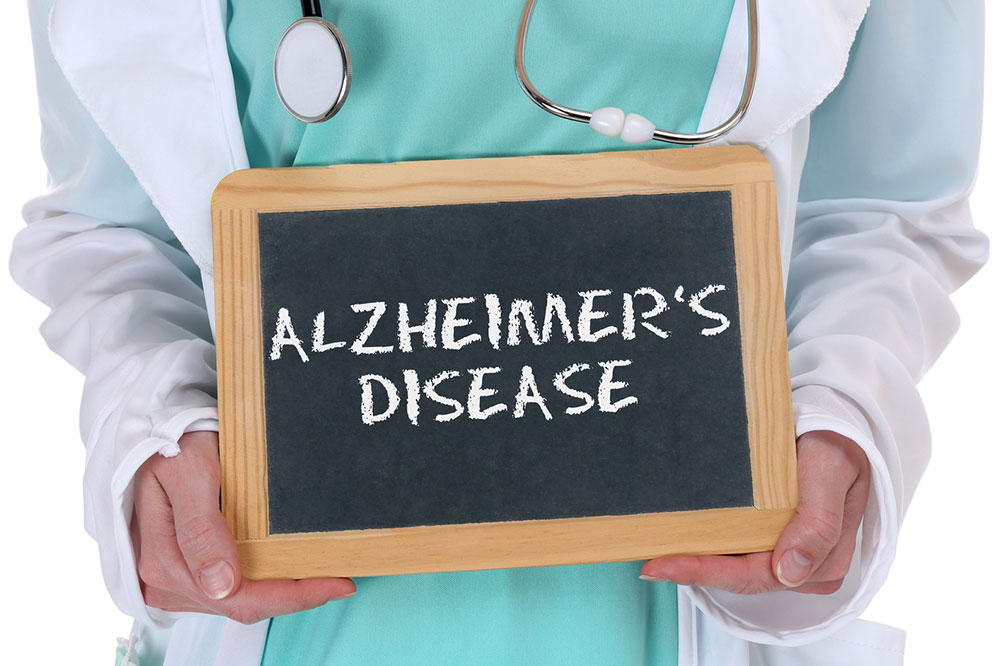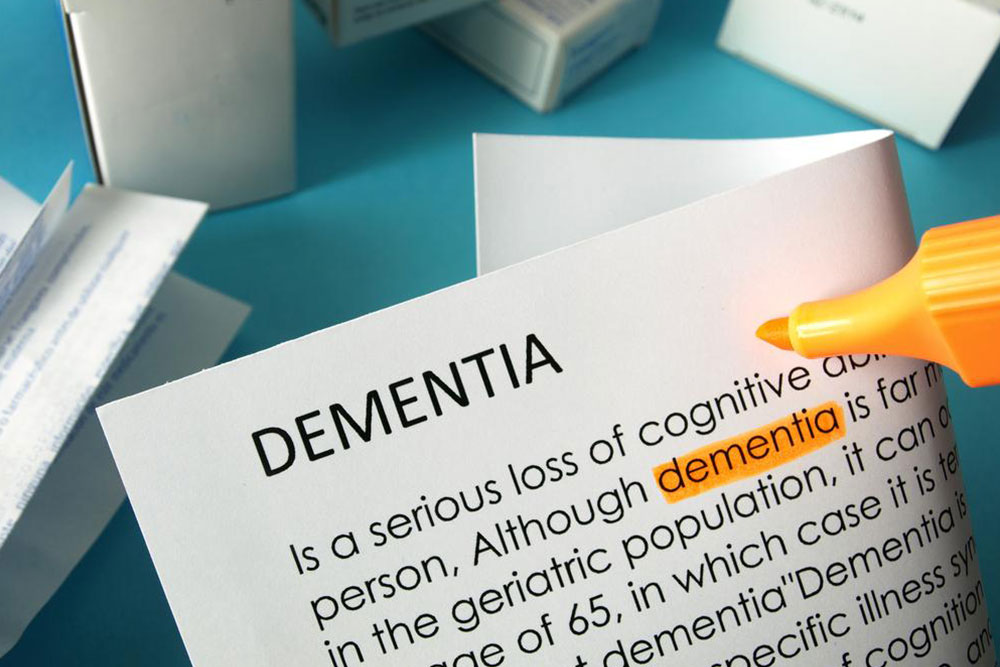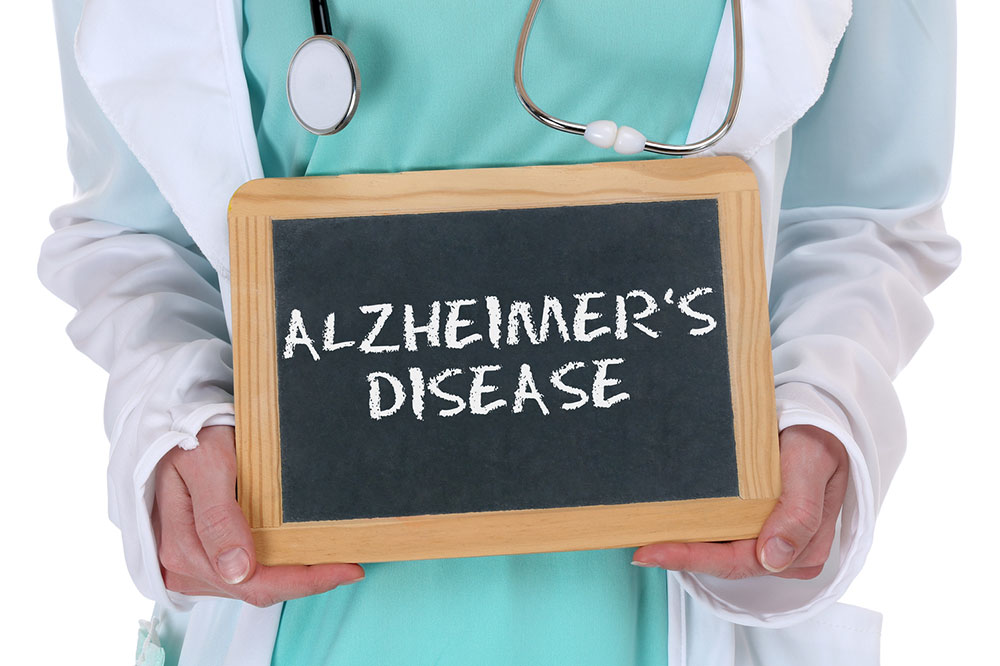Effective Strategies for Managing Alzheimer’s Disease Symptoms
This article provides practical strategies for managing Alzheimer’s disease symptoms, emphasizing early detection, lifestyle adjustments, supportive care, and the current limitations of treatment. It highlights ways to support loved ones and improve quality of life for patients. Understanding symptoms and risk factors can aid in timely diagnosis and better disease management, promoting compassionate caregiving and optimal living conditions.

Effective Strategies for Managing Alzheimer’s Disease Symptoms
How to handle symptoms associated with Alzheimer’s disease
Alzheimer’s disease is a progressive neurological disorder that impairs cognitive functions and memory, resulting from the death of brain cells. It is the leading form of dementia caused by beta-amyloid plaque buildup in the brain. As the disease advances, individuals may forget recent events and fail to recognize loved ones.
Early signs include difficulty remembering names and frequently misplacing items. Other indicators include withdrawal from social activities and excessive sleeping.
These changes could be signs of Alzheimer’s, making it crucial to get a proper diagnosis to manage symptoms effectively.
Common symptoms of Alzheimer’s include:
Difficulty processing new information
Forgetfulness leading to lost belongings and missed appointments
Judgment issues and trouble performing complex tasks, increasing safety risks
Decline in spatial awareness and recognition of familiar faces
Problems with reading, writing, and word recall
Personality shifts such as decreased empathy, reduced social engagement, and compulsive behaviors
Tips for managing Alzheimer’s symptoms
Engage in regular physical activity to support brain connectivity
Maintain frequent social interactions to stimulate mental functions
Adopt a balanced diet to promote healthy brain cell communication and reduce inflammation
Challenge your mind regularly by learning new skills or hobbies
Ensure sufficient sleep to prevent plaque buildup and neural damage
Minimize stress, as it can accelerate memory decline and nerve damage
Address depression openly, seeking support and acceptance
Join support groups and seek assistance to cope better with the disease
Available treatment options for Alzheimer’s
Currently, no cure exists to reverse brain cell death caused by Alzheimer’s
Symptomatic treatments and lifestyle adjustments help improve quality of life
Specialized day programs and cognitive therapies offer support
Medication can help manage specific symptoms
Causes and risk factors
The disease results from gradual brain tissue loss and nerve cell death
Beta-amyloid plaques accumulate as deposits in brain tissue
Genetic predisposition increases vulnerability in some individuals
Family history and aging are significant risk factors
Supporting loved ones with Alzheimer’s
Assist with memory aids, such as diaries or smartphone reminders
Avoid challenging their memory directly to prevent embarrassment
Practice patience during memory lapses and difficulties in communication
Encourage social activity to boost mood and cognitive health
Speak slowly and clearly, adjusting language to their comprehension level
Respond calmly during agitation and emotional outbursts with compassion










